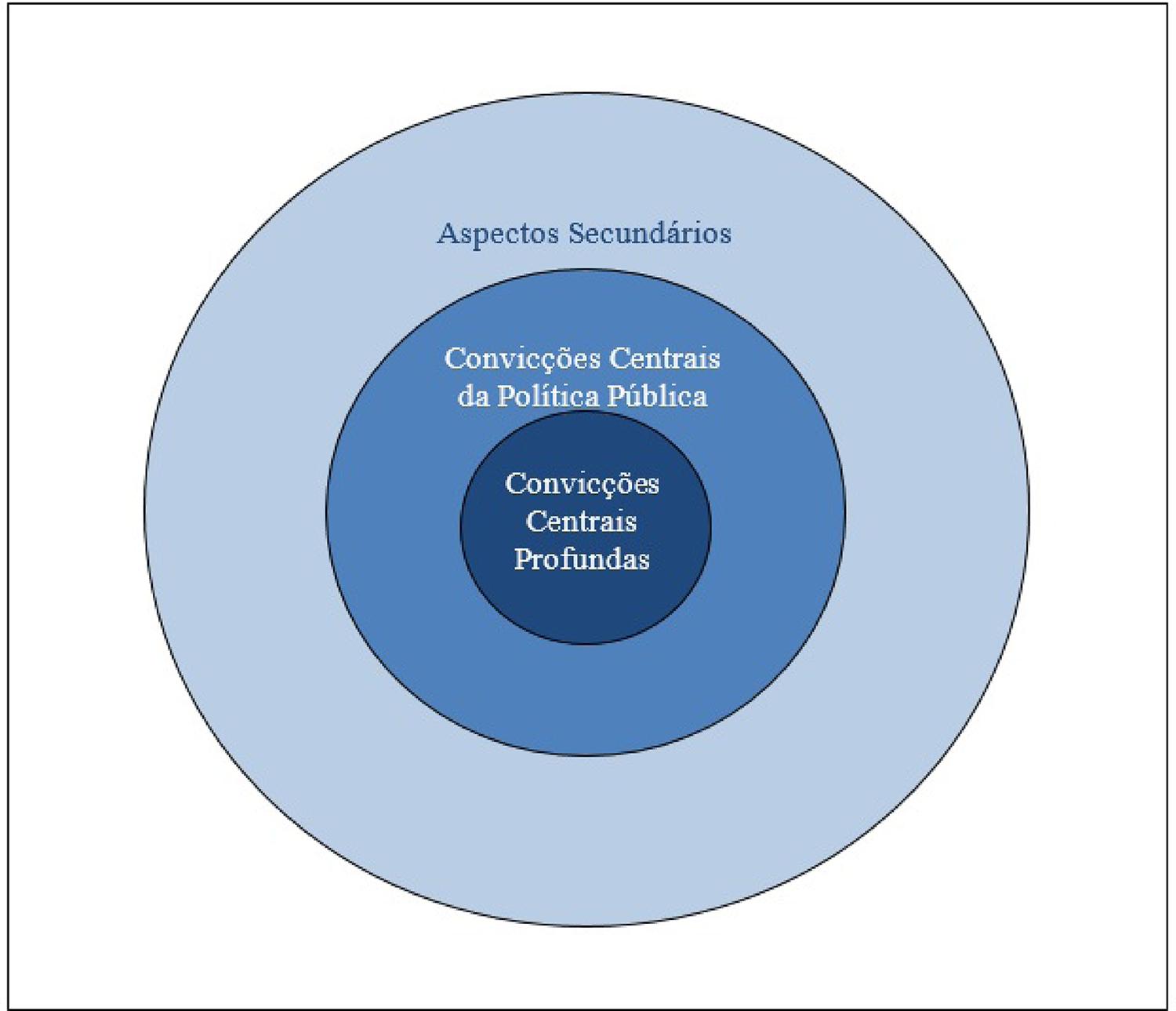Advocacy coalition and learning from public policies: changes in PAIC’s core convictions
DOI:
https://doi.org/10.1590/S1678-4634202147235134Keywords:
Advocacy Coalition, Belief System, Learning from Public Policies, Educational Public Policies, PAICAbstract
The objective of this article is to understand how a coalition was formed that led he Literacy at the Right Age Program (PAIC) in Ceará to become a priority policy in the state. The Advocacy Coalition Framework (ACF) was adopted to analyze the role of the key actors in the coalition’s development, characterize its belief system and the learning process in policy. The research was based on a survey of institutional documents of the program, theses and dissertations, shorthand notes of public hearings, media news and interviews with key stakeholders. The analysis of the trajectory of the main ideas over ten years, which began with the experience of public managers in Sobral, Ceará, in 1997, and culminated with they taking over the state government in 2007, allowed us to characterize the composition of a single coalition. The formation and dissemination of the beliefs stemmed from the performance of the Ceara´s Committee for the Elimination of School Illiteracy (CCEAE), which established a strong coalition with the participation of several specialists and institutions, as well as municipal actors. Three layers of beliefs were identified and, in relation to the core convictions of public policy, seven components were characterized, divided into two periods of analysis. The change in core convictions was analyzed from the perspective of policy learning, considering how the main actors reflected about it.
Downloads

Downloads
Published
Issue
Section
License
Copyright (c) 2021 Educação e Pesquisa

This work is licensed under a Creative Commons Attribution-NonCommercial 4.0 International License.
Authors assume exclusive responsibility for the concepts expressed in their articles, which do not necessarily reflect the journal’s opinion.
Permission to photocopy all or part of the material published in the journal is granted provided that the original source of publication be assigned.


